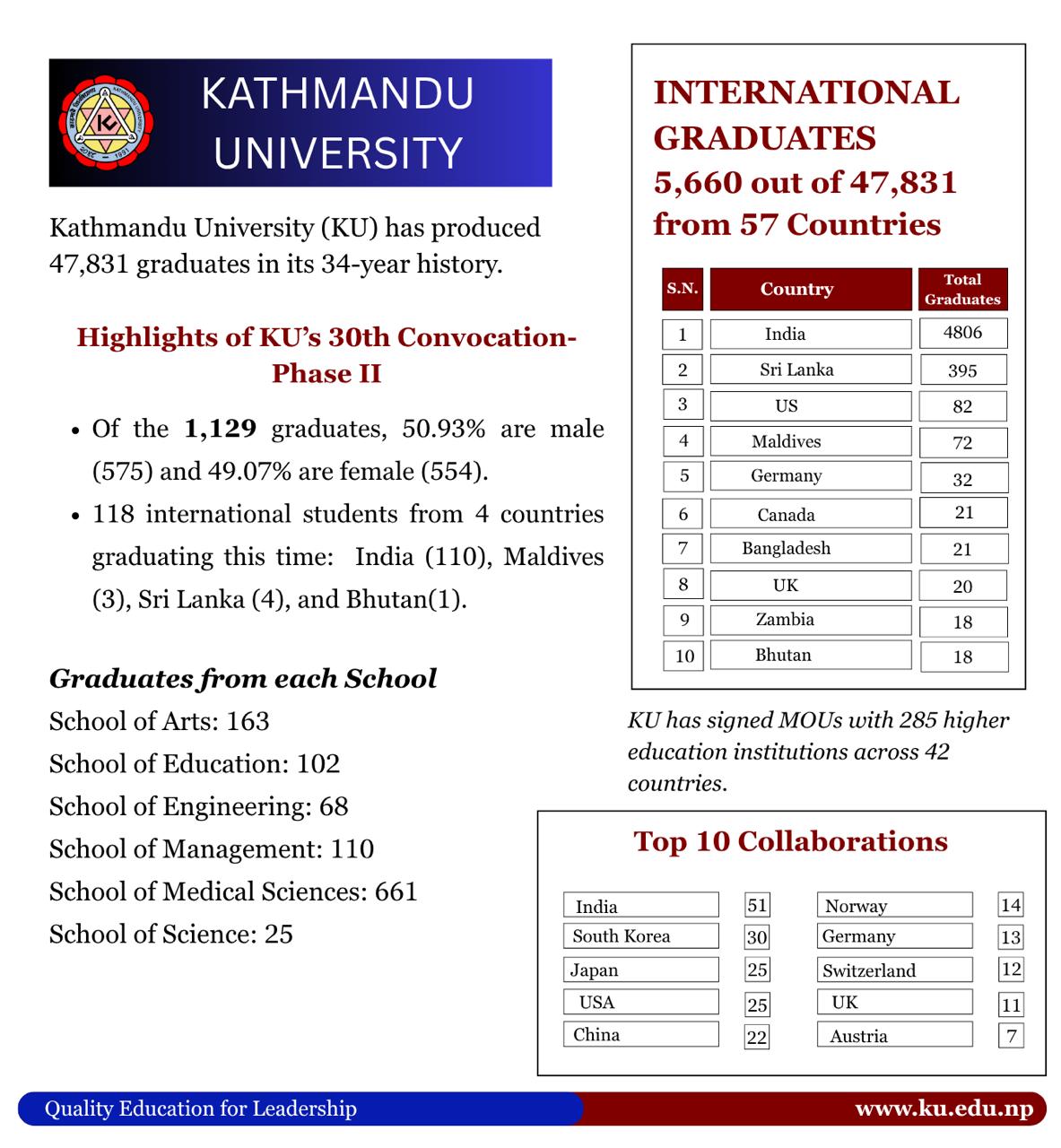
Reports of abuses including torture remain widespread in Sri Lanka eight years after the end of a decades-long civil war, the UN said Friday, criticising the government’s slow progress in addressing wartime crimes.
Sri Lanka’s President Maithripala Sirisena swept to power two years ago promising justice for the minority Tamil community and a full investigation into alleged atrocities committed under the leadership of his predecessor.
But UN rights chief Zeid Ra’ad Al Hussein said the island had made “worryingly slow” progress in addressing its wartime past, warning this could threaten lasting peace and stability.
“I urge the government and people of Sri Lanka to prioritise justice alongside reconciliation to ensure that the horrors of the past are firmly dealt with, never to recur,” he said.
His comments came in a new report in which the UN human rights office said the use of torture was “a serious concern”.
It pointed to the island’s own Human Rights Commission’s acknowledgement of complaints illustrating the “routine use of torture by the police throughout the country as a means of interrogation and investigation”.
“The prevailing culture of impunity for perpetrating torture has undoubtedly contributed to this situation,” the report said.
– Lapsed deadline –
At least 100,000 people died in the conflict between Tamil separatists and government forces that ended in 2009.
The UN has been pushing for a special court to investigate allegations that government forces killed up to 40,000 Tamil civilians in the final months of fighting.
Sirisena had agreed to a UN Human Rights Council resolution in October 2015 which called for special tribunals and reparations for victims and gave Sri Lanka 18 months to establish credible investigations.
But the deadline lapsed without those commitments being met.
The UN said coalition politics in the unity government Sirisena formed after ousting former strongman leader Mahinda Rajapakse were likely to blame for the slow pace of progress.
“Party politics, including the balancing of power between the different constituencies of the coalition in the run-up to constitutional reforms, have contributed to a reluctance to address difficult issues regarding accountability,” it said.
On Monday Sri Lanka’s Foreign Minister Mangala Samaraweera asked the UN for more time, promising that his country remained committed to seeking justice.
“With patience, understanding and constant and consistent effort and perseverance, we strongly believe that we can make the reconciliation process a success,” he told the Human Rights Council.
In its report, the UN urged the government to prioritise the return of private land occupied by the military, adopt laws allowing the creation of a hybrid court, and invite the UN rights office to establish a presence in the country.
It acknowledged that the government had made some positive advances on constitutional and legal reforms, limited land restitution and symbolic gestures towards reconciliation.
But it cautioned that the measures taken so far had been “inadequate, lacked coordination and a sense of urgency.”
“I urge the government and people of Sri Lanka to prioritise justice alongside reconciliation to ensure that the horrors of the past are firmly dealt with, never to recur,” said Zeid.
He also reiterated the council’s demand for special war crimes tribunals involving international judges and prosecutors, a demand Colombo has repeatedly rejected.(AFP)

